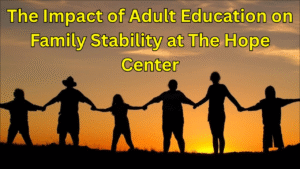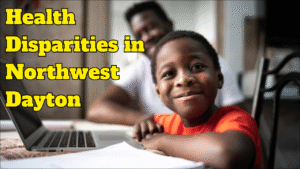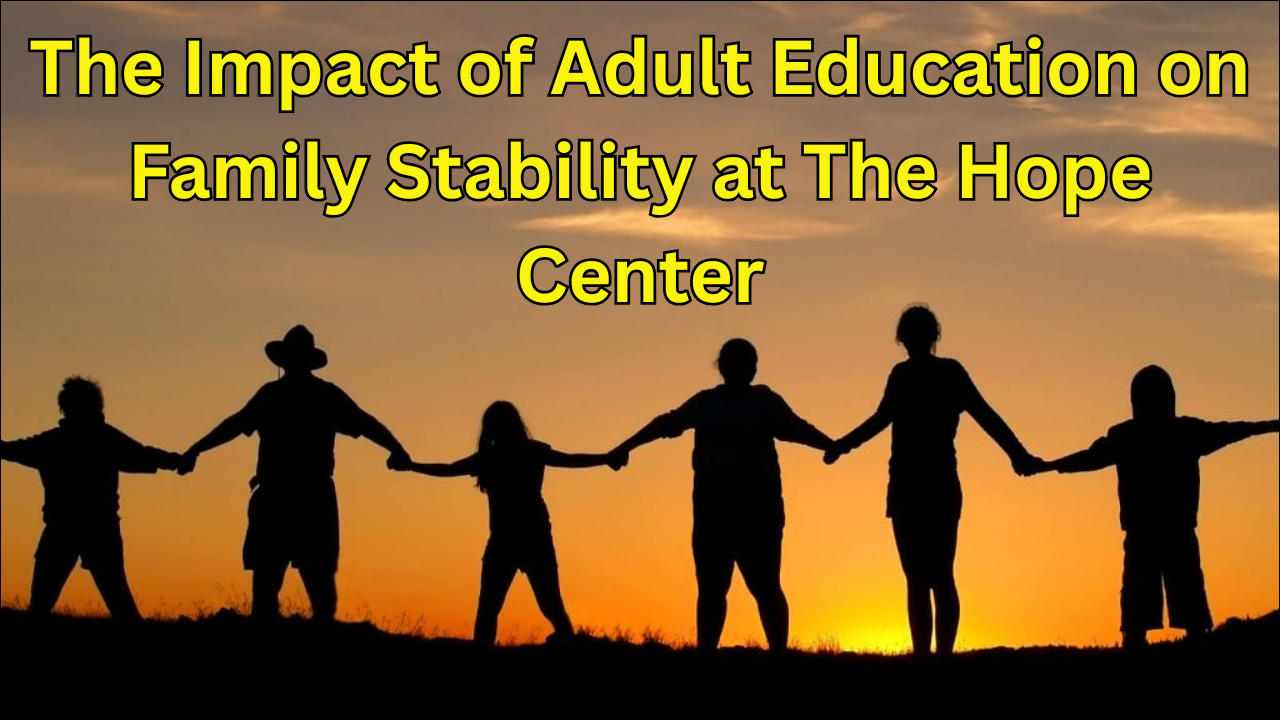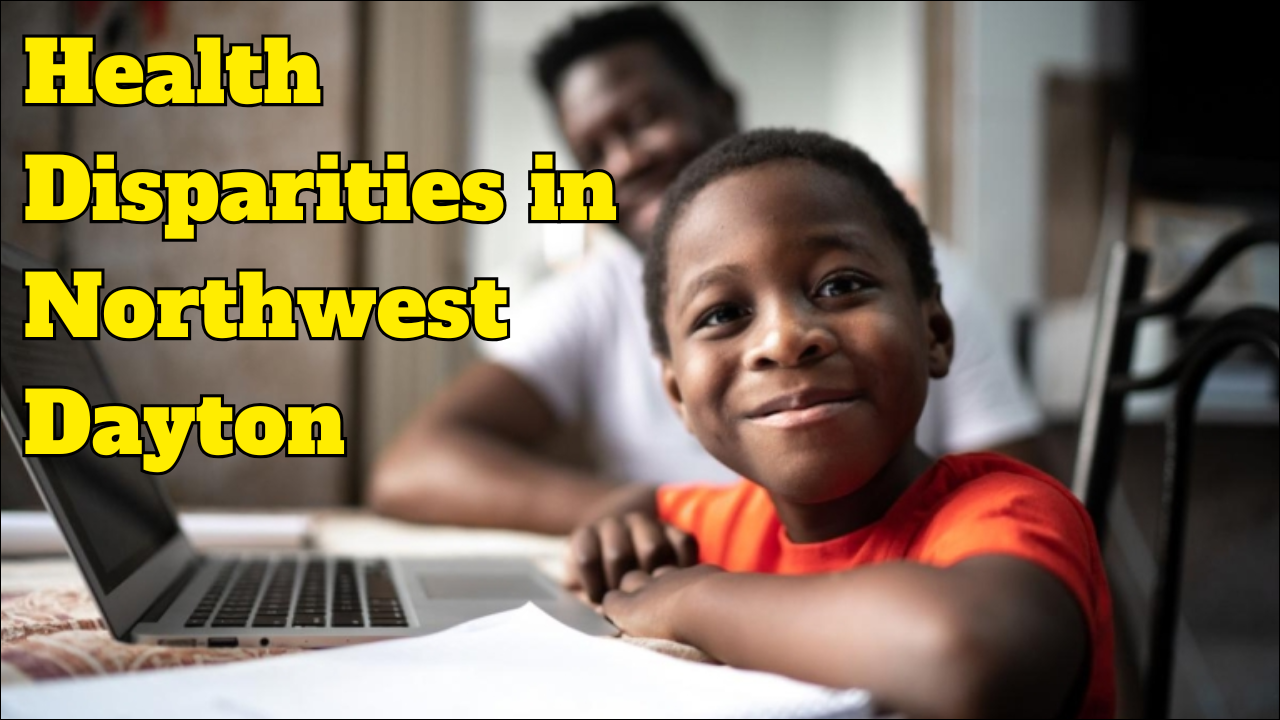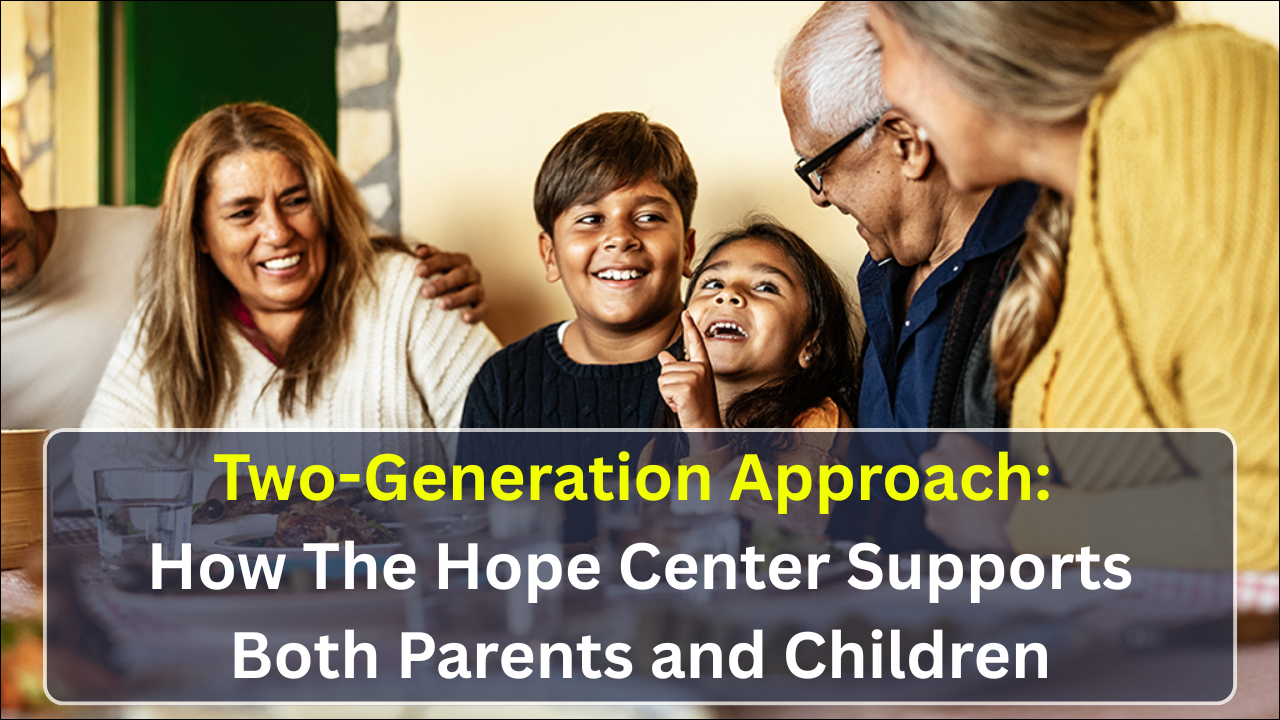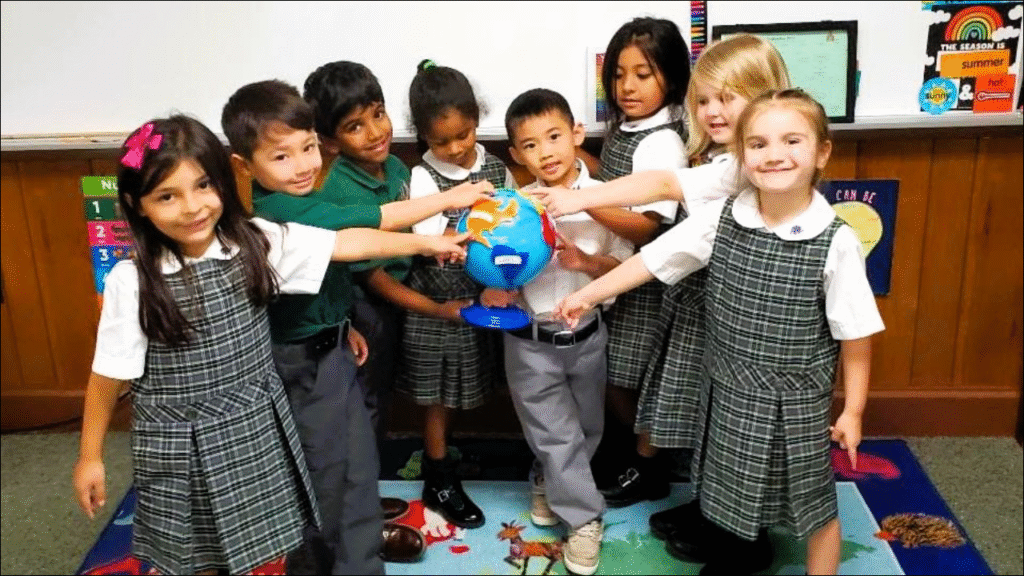
Early childhood marks the most formative stage of human development, shaping cognitive, emotional, and social growth that influences lifelong learning. Mini University, an innovative educational initiative, recognizes the significance of this stage by offering comprehensive early childhood programs designed to lay a strong foundation for future success. Through research-based teaching, nurturing environments, and family partnerships, Mini University prepares children to thrive academically, socially, and emotionally. Its commitment to quality education ensures that every child, regardless of background, receives the tools needed to become a confident and capable learner.
Table of Contents
Philosophy of Mini University’s Early Learning Programs
Mini University believes that early education is not just preparation for school—it is preparation for life. The institution’s philosophy focuses on holistic development, creativity, and exploration.
- Child-Centered Approach: Every program revolves around children’s interests, learning styles, and pace.
- Play-Based Learning: Activities integrate play and exploration to stimulate curiosity.
- Inclusive Education: All children are welcomed, regardless of ability or socioeconomic background.
- Parental Involvement: Families play an active role in their child’s learning journey.
- Continuous Improvement: Programs evolve through research and educator development.
Core Principles of Mini University’s Early Childhood Education
| Principle | Description | Outcome for Children |
|---|---|---|
| Child-Centered Learning | Focus on individuality and curiosity | Enhanced self-confidence |
| Play-Based Approach | Learning through exploration and creativity | Strong problem-solving skills |
| Inclusive Practices | Equal opportunity for all learners | Sense of belonging and empathy |
| Family Engagement | Parent participation in learning | Strengthened home-school connection |
| Research-Based Curriculum | Evidence-driven teaching methods | Long-term academic success |
Curriculum Framework
Mini University’s curriculum is structured around developmental milestones, ensuring that learning is both age-appropriate and progressive.
- Cognitive Development: Activities encourage thinking, reasoning, and early math concepts.
- Language and Literacy: Children engage in storytelling, reading, and vocabulary building.
- Physical Development: Fine and gross motor activities promote coordination and strength.
- Social-Emotional Growth: Programs foster cooperation, empathy, and self-expression.
- Creative Exploration: Art, music, and dramatic play allow imagination to flourish.
Curriculum Areas and Learning Goals
| Developmental Area | Learning Goals | Sample Activities |
|---|---|---|
| Cognitive | Logical thinking, memory, curiosity | Puzzles, sorting games |
| Language & Literacy | Communication and comprehension | Storytime, phonics songs |
| Physical | Coordination and movement | Outdoor play, yoga sessions |
| Social-Emotional | Emotional regulation, teamwork | Group projects, role play |
| Creative | Artistic expression and imagination | Drawing, music, dramatization |
Role of Educators
Educators at Mini University are the heart of its success. Each teacher is trained not only in early education but also in child psychology and developmental science.
- Professional Expertise: Teachers use research-informed strategies for child development.
- Individualized Attention: Small class sizes ensure personalized learning experiences.
- Continuous Training: Staff undergo professional development to stay current with early learning trends.
- Cultural Sensitivity: Educators embrace diversity and foster inclusive environments.
- Positive Reinforcement: Encouragement builds motivation and resilience in children.
The Importance of Early Childhood Education
Early education creates the foundation for lifelong learning and success. Mini University’s programs highlight how quality early experiences shape academic and personal outcomes.
- Brain Development: The first five years are crucial for forming neural connections.
- Academic Readiness: Children develop literacy, numeracy, and critical thinking skills.
- Social Competence: Early interaction enhances cooperation and communication.
- Emotional Stability: Supportive environments strengthen confidence and self-control.
- Health and Nutrition Awareness: Programs incorporate wellness education for balanced growth.
Key Benefits of Early Childhood Education
| Aspect | Benefit | Long-Term Impact |
|---|---|---|
| Cognitive | Strengthened learning ability | Better school performance |
| Social | Improved cooperation and empathy | Healthy peer relationships |
| Emotional | Greater self-regulation | Reduced behavioral issues |
| Physical | Enhanced coordination | Active and healthy lifestyle |
| Academic | Early reading and math skills | Lifelong learning foundation |
Family Engagement in Early Learning
Mini University values families as partners in the educational process. Collaboration between home and school ensures consistent support for every child.
- Parent Workshops: Sessions educate families on child development and learning strategies.
- Home Learning Kits: Materials help parents continue education at home.
- Regular Communication: Teachers share updates through reports, digital tools, and meetings.
- Volunteer Opportunities: Families participate in classroom and event activities.
- Parent Advisory Councils: Families contribute ideas to improve program quality.
Family Engagement Strategies
| Strategy | Purpose | Result |
|---|---|---|
| Workshops | Build parenting and learning skills | Stronger parent-child relationships |
| Home Kits | Extend learning beyond the classroom | Consistent reinforcement |
| Communication Tools | Keep parents informed | Increased collaboration |
| Volunteer Roles | Encourage active participation | Shared educational ownership |
| Advisory Councils | Include parents in decisions | Community-driven improvement |
Inclusion and Diversity
Mini University ensures that early education reflects the diversity of its community. Its inclusive programs accommodate all learners, including those with disabilities, different cultural backgrounds, and varied learning needs.
- Adaptive Curriculum: Lessons are tailored to each child’s ability and pace.
- Cultural Awareness: Classrooms celebrate multicultural traditions and values.
- Special Needs Support: Therapists and specialists collaborate with teachers.
- Anti-Bias Education: Early lessons teach respect and equality.
- Language Support: Bilingual instruction assists children from diverse linguistic backgrounds.
Health, Safety, and Nutrition
Mini University prioritizes child well-being as an essential part of education.
- Balanced Meals: Nutritious meals promote physical health and concentration.
- Safe Learning Environments: Strict safety measures protect children during all activities.
- Health Screenings: Regular checkups ensure early detection of developmental issues.
- Physical Activity: Daily exercise encourages active lifestyles.
- Mental Well-being Programs: Activities focus on emotional stability and mindfulness.
Innovative Teaching Practices
Innovation defines Mini University’s teaching methods, ensuring relevance and engagement.
- STEM for Early Learners: Introduces basic science and math through fun experiments.
- Project-Based Learning: Encourages children to explore real-world topics.
- Technology Integration: Digital tools are used carefully to enhance interactive learning.
- Environmental Education: Children learn sustainability through gardening and recycling projects.
- Arts Integration: Creativity connects academic and emotional learning.
Innovative Learning Approaches at Mini University
| Teaching Method | Focus Area | Learning Outcome |
|---|---|---|
| STEM Activities | Science and math skills | Curiosity and problem-solving |
| Project-Based Learning | Real-world application | Critical thinking |
| Technology Integration | Digital literacy | Interactive and engaging learning |
| Environmental Projects | Sustainability | Responsibility toward nature |
| Art-Based Learning | Creativity and emotion | Holistic development |
Teacher-Family Collaboration
Collaboration between teachers and families ensures consistent progress for every child.
- Progress Reports: Families receive detailed updates on growth and development.
- Parent-Teacher Meetings: Regular sessions address achievements and concerns.
- Individualized Learning Plans: Teachers and parents create goals tailored to each child.
- Community Events: Shared celebrations build trust and connection.
- Support Networks: Families connect with resources for childcare and counseling.
Community Impact
Mini University’s early childhood programs extend their influence beyond classrooms, strengthening the community’s educational and social fabric.
- Workforce Support: Reliable early education allows parents to pursue careers.
- Economic Development: Quality childcare contributes to community productivity.
- Educational Equity: Access to early education reduces long-term achievement gaps.
- Parental Empowerment: Parents gain confidence through educational engagement.
- Social Integration: Programs promote unity through inclusive community activities.
Community Impact of Mini University’s Early Childhood Programs
| Area of Impact | Contribution | Result |
|---|---|---|
| Education | Early academic preparedness | Higher school retention |
| Economy | Parental workforce participation | Stronger local economy |
| Equality | Inclusion of diverse families | Fair educational access |
| Health | Nutrition and wellness education | Healthier families |
| Social Growth | Family-community collaboration | Unified local culture |
Professional Development for Educators
Mini University invests heavily in its educators’ growth to maintain the highest standards of early education.
- Workshops and Seminars: Regular training on the latest early learning research.
- Peer Learning: Teachers share innovative practices within the institution.
- Advanced Certification: Support for higher education and specialization.
- Performance Feedback: Evaluations ensure continuous improvement.
- Leadership Development: Future leaders in early childhood education are nurtured.
Evaluation and Assessment
Assessment in Mini University’s programs emphasizes development rather than competition.
- Observation-Based Evaluation: Teachers document progress in natural settings.
- Developmental Portfolios: Records of achievements highlight growth over time.
- Family Feedback: Parents provide valuable insights into their children’s progress.
- Goal-Oriented Assessment: Focuses on individual strengths and next steps.
- Continuous Monitoring: Ensures children meet age-appropriate milestones.
Looking Ahead
Mini University’s Early Childhood Programs stand as a model of excellence in shaping young minds for future success. By combining nurturing care, innovative teaching, and active family engagement, the institution builds the foundation for lifelong learning. Each program not only prepares children for school but also equips them with the confidence, curiosity, and compassion needed to thrive in society. Through inclusivity, quality education, and community collaboration, Mini University continues to redefine what early learning can achieve—proving that the journey to success truly begins in the earliest years of life.

